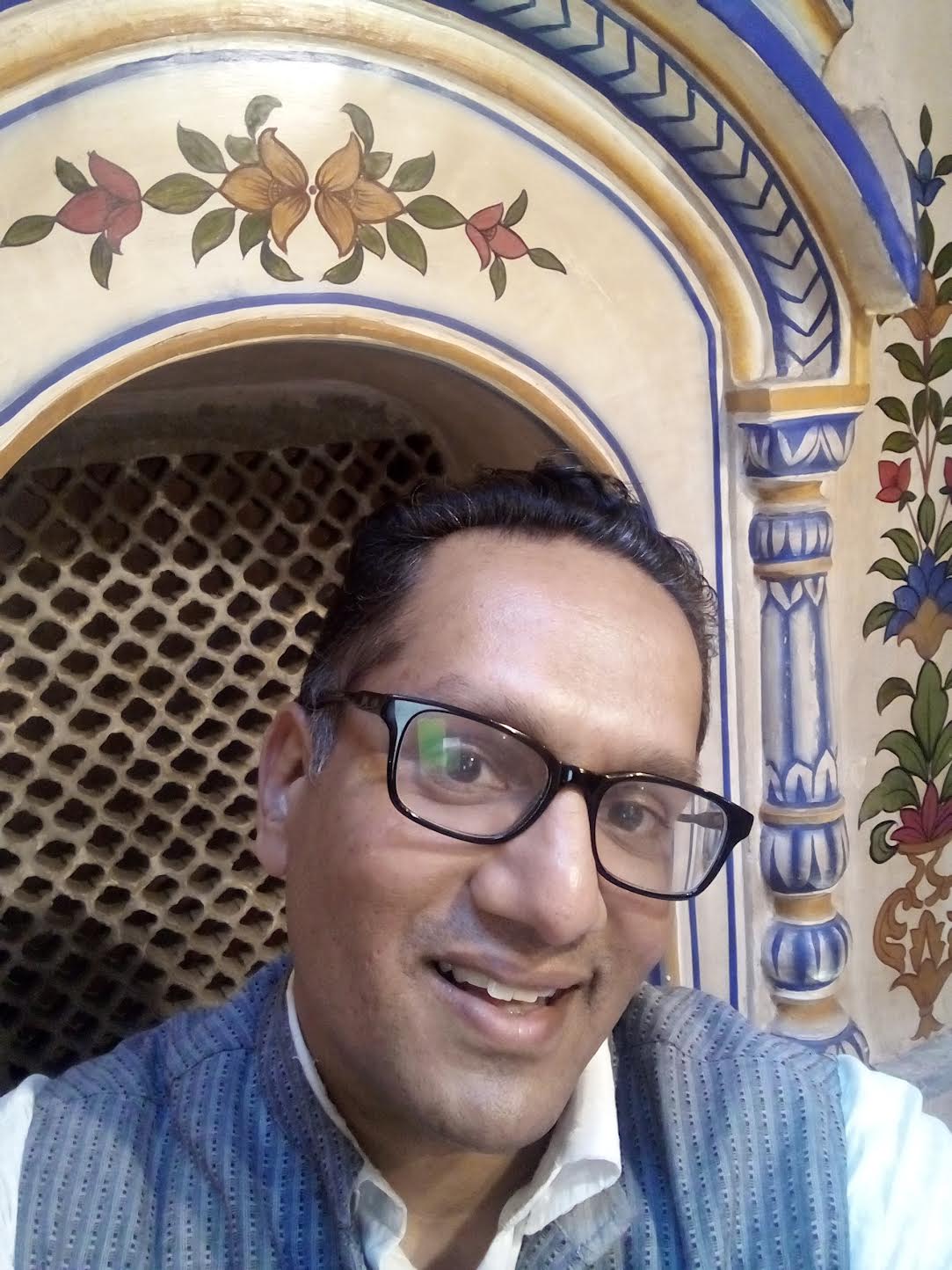
Dr. Neilesh Bose, Associate Professor of History and Canada Research Chair of Global History at the University of Victoria, is a historian of wide-ranging themes. A specialist in South Asian history, he is also the initiator of the Global South Colloquium via the Centre for Asia-Pacific Initiatives, which works to synthesize conversations centred outside the paradigms of the industrialized west. Having studied anthropology and social sciences as an undergrad, Bose believed that he would focus on the transitions of apartheid and post-apartheid South Africa, a topical moment at that time. That interest would broaden to encompass a larger theme, he says: “I also found myself very interested in transitions of different types, [especially] colonial states transitioning into post-colonial states.”
Since his graduate school days, Dr. Bose has gone on to teach at institutions across North America and in India, emphasizing a global comparative exploration of state transitions, colonialism, and global power structures. Upon taking up his post at the University of Victoria in 2015, he became familiar with Jordan Stanger-Ross and his work on the Landscapes of Injustice partnership. Bose explains that during numerous conversations, the two began to consider how the stories of Nikkei internment, exile, and dispossession across different Allied countries during the Pacific War have hitherto existed in isolation: “Jordan and I and many others have come to the conclusion that very few people have looked in this systematically. The people who study this are, or course, aware of it, but usually from a vantage point that is deeply embedded into one site or one historiography.”
As a Research Fellow on Past Wrongs, Future Choices, Dr. Bose is presently helping to orient the project with a working paper which seeks to address obstacles to synthetization across different national historiographies, to “expose levels of detail of this comparative history that often are not made accessible to a specialist in any one region of the history.” In particular, the variance in size of affected Nikkei populations, densities of source availability, and different terminologies all present challenges. Bose explains further: “The method I’d like to use […] is to probe the different forms of memorialization of this history. I cannot do it across every site. I wish I could. I have chosen to look at two different kinds of thematic sites where this has happened. One type of site where there is a lot of documentation, in Canada, and another site where there has been comparatively a lot less documentation, in Australia.” This work involves not only suggesting an analytical bedrock, but also curating sources to be useful across the variety of scholarly and artistic disciplines involved in PWFC. For Bose, what unites the work from each perspective thus far, artistic and scholarly, site-specific or global, is a “transformation of the role of race in global history and the extinguishing of it as an active category that empires used in different forms, and the replacement of it with citizenship.” He notes that designating a person by the ‘Japanese race’ would have implied something rather different after the period of postwar decolonization compared to, for example, in Canada during the internment era. What race today means in ethnically non-homogenous cultures remains an open question, and one which PWFC has already begun to address.
Dr. Bose reflects on his experiences with the Global South Colloquium as parallel to Past Wrongs, Future Choices. He muses, “Thinking about global southern histories always shows me that, though there are endless human experiences of the past that we learn from just in terms of data, there also are constant convergences in terms of how power works, how people are silenced. Those convergences come up in surprising and uncanny ways.” For example, says Bose, the Imperial Japanese state developed ethnological and philological systems of thought for categorizing the conquered peoples of its domains. As ends, these usually focused the same beneficent surface aims of cultural and societal improvements for vulnerable peoples which appeared in European colonial rhetoric the world over. Such frameworks of human categorization re-emerge in contemporary contexts, not least national discourses of immigration and acculturation. Bose emphasizes that these are “not at all original. They are coming off of longstanding tropes about who is allowed in and who isn’t.” For Past Wrongs, Future Choices, then, the conversation centers on “the realization that these histories of displacement and dispossession are not happening isolation. They are a part of a much larger canvas of what I would say is the end of empires and the rise of a new nation-state world order.”
Dr. Bose looks forward to the completion of Past Wrongs, Future Choices as laying further ground for global topics of identity and the international order. Personally, he hopes to pursue a large-scale study of twentieth century citizenship conceptions with the project as jumping-off point. He suspects that he will not be alone in using Past Wrongs, Future Choices to inform new conversations: “After all of the work has been done, I think the scholarly community will be much better positioned to integrate the kinds of insights that this history offers us for a better understanding of citizenship, particularly in the understanding of the state of exceptions that often informs discussions on this topic.”
Dr. Neilesh Bose’s PWFC Working Paper, provisionally titled “Small Numbers, Global Histories: Dispersals and Displacements in Comparative Migration Histories,” will be available on our site in February 2024.
This article was written by Aaron Stefik from an interview with Dr. Neilesh Bose.

 Instagram
Instagram